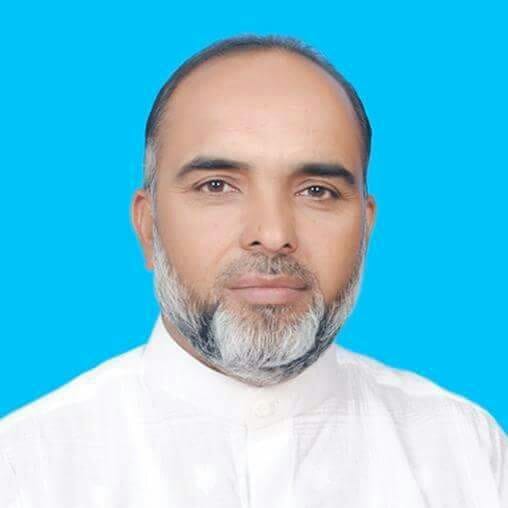FBISE BoG Election Fallout: Dr. Afzal Babar Urges Unity Amid E-Voting Controversy, Calls for Institutional Reform and Dialogue
By: Nadeem Tanoli
Islamabad: A major controversy has engulfed the Federal Board of Intermediate and Secondary Education (FBISE) following the annulment of its Board of Governors (BoG) election due to technical failures in a newly introduced electronic voting system. While private school associations such as the All Pakistan Private Schools Management Association (APPSMA) and the National Association of Private Schools (NAPS) voiced outrage over alleged manipulation and glitches, Dr. Muhammad Afzal Babar, President of the Private Schools Network (PSN), has called for unity, institutional reform, and constructive dialogue.
Speaking to our correspondent after the press conference held by APPSMA leaders, Dr. Babar clarified his stance, emphasizing that while every citizen has the constitutional right to voice concerns publicly, any such statements—especially when related to educational governance—should be made responsibly and backed by evidence. Dr. Babar explained that although the e-voting system experienced shortcomings, it was the first of its kind in the board’s history and had actually enabled wider participation than traditional manual methods.
Dr. Babar provided historical context, recalling that when e-voting was first introduced for the college-level seat of the BoG election earlier this year, all parties initially agreed that technical flaws invalidated the results. A re-election was held a month later, which his group, a coalition between PSN and the All Pakistan Private Schools and Colleges Association (APSCA), won. He noted that the same coalition was victorious again in the recently concluded female secondary seat election, defeating candidates from a rival alliance comprising more than 25 organizations.
However, in the male secondary seat election, the opposition group prevailed narrowly. According to Dr. Babar, strategic miscalculations and internal divisions within the opposing camp contributed to their losses elsewhere. Specifically, he pointed out that their male candidate won by leveraging votes from two female candidates’ support bases. But post-election, the male candidate failed to reciprocate, leaving the female candidates divided and significantly weakening their chances in the subsequent female seat election.
Dr. Babar stressed that even though his group had won two out of three seats, he and his secretary personally reached out to their opponents, urging restraint and discouraging actions—such as emotionally charged press conferences—that could harm the broader private education sector. He maintained that disagreements should be resolved through constructive dialogue, not public accusations that cast doubt on national institutions like FBISE.
He warned that questioning the board’s integrity without substantiated evidence could undermine the trust of millions of students and parents who rely on FBISE for critical national and international academic certifications. The board, he said, successfully conducts six to eight major exams annually and processes results for hundreds of thousands of students across the globe.
Dr. Babar also shed light on the background of the e-voting system itself, revealing that it was developed in-house by FBISE under a committee that included Mrs. Sakeena Fawad Bukhari—the very candidate now protesting the results. According to him, she had been a strong proponent of e-voting for over a year and never raised concerns about its validity in earlier phases of the election, doing so only after her defeat in the final vote.
He acknowledged the system’s need for improvement but emphasized that any solution must come from collaborative reform, not politicized blame. He called for forensic auditing if necessary but stressed the importance of preserving trust in institutions through transparency and inclusion rather than division.
In conclusion, Dr. Afzal Babar urged all BoG members, regardless of faction, to sit together and use their positions to advocate for real educational reforms. He reiterated that improving the education system and digital governance should be a shared goal—one that transcends electoral wins and losses.


